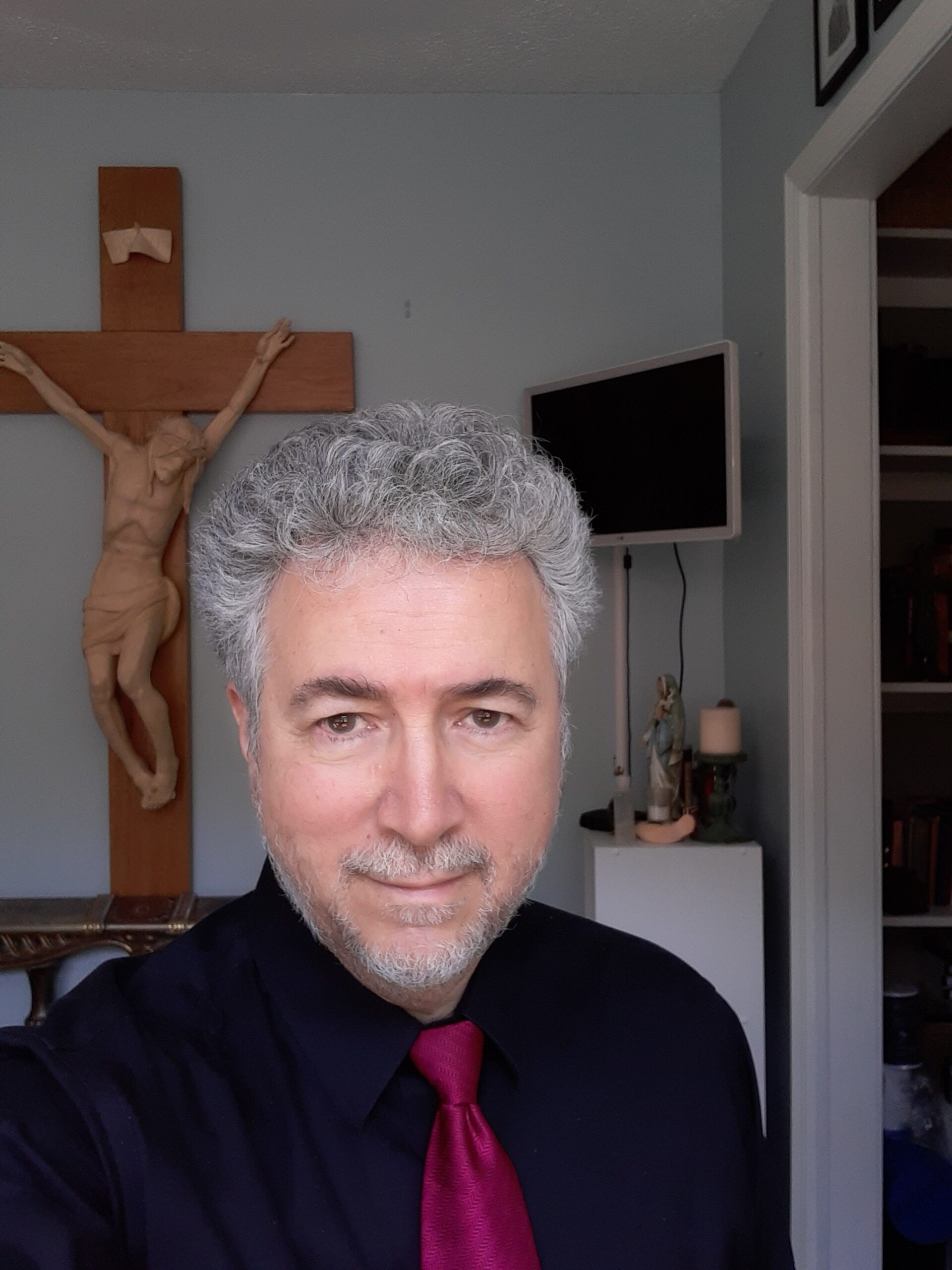a) All morality is relative; there is no right or wrong.
b) Is that right?
a) Yes.
b) I thought you said there is no right or wrong.
a) Oh, then what I said isn’t right.
b) Then why say it?
a) Because it’s true.
b) So you believe in objective truth but not objective goodness?
a) Ah, sure, at least for now. All morality depends on circumstances. Nothing is always right or always wrong.
b) And you’re including that claim, I assume?
a) Huh?
b) The claim “nothing is always right or always wrong” is either right or wrong. No? And I assume you believe “there are no moral absolutes” is a moral absolute, i.e. a principle that is always true.
a) Ah… yes.
b) You don’t see your contradiction? Let’s examine your claim anyway. Would you say rape and murder are always evil?
a) It depends on the circumstances.
b) What circumstances make rape good?
a) Hmm…I don’t know… but it’s good to murder someone in self-defense!
b) Killing in self-defense is not murder. The object of defense is to defend the innocent, while the object in murder is killing an innocent person. Do you believe killing a child is evil?
a) Of course I do.
b) Always evil?
a) Yes.
b) Then you’re not a relativist. In fact, no one can be a true relativist, since it’s a philosophy that contradicts itself. One would have to believe the statement “there is no right or wrong” is right, and its contrary is wrong.
a) You are wrong! I believe there is no right or wrong!
b) Is that right?
a) Yes it is!

